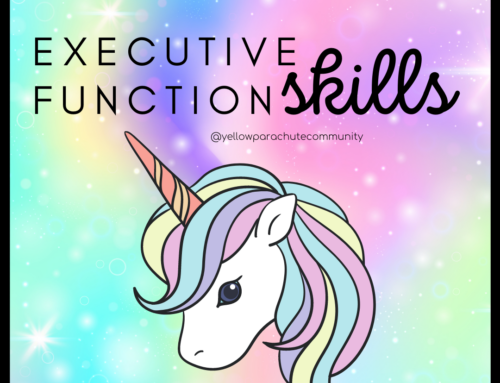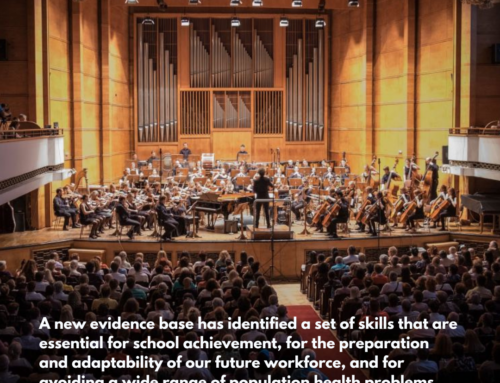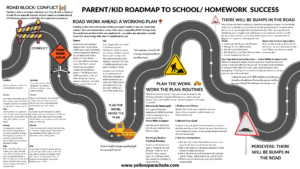Dear Generation Z, aka iGens, aka “teenagers,”
I’m worried about you. I know, I’m a worrier. But this world isn’t like it was when I was your age, or even like it was ten years ago, when I was tutoring a different generation with, I think, slightly smaller problems and slightly kinder surroundings. And it seems like this quick and sharp living is taking a toll on your confidence and mental health. I think it’s taking a toll on all of us.
I know this is a time in your life when you feel tossed around by your parents, coaches, teachers, mentors, church groups leaders, bosses, and sometimes even your friends. It may feel like there’s nothing you can control except the delightful escape to your phone. But though this escape may cause momentary relief, it hurts you in the long run. It does the same thing to your brain that candy does to your body: it tastes good but it’s no help to your health. There’s real science behind this. Procrastinating with your phone/TV/computer plays a hand in anxiety; we all want to be productive, so when we’re failing at it, we get stressed.
SO. In order to feel better, control the things you can. You get to choose when and how you complete your to-do list and how well you do it. You get to own your experience. Please let me help! You will? OK. Great. Let’s go!
Get Rid of Squirrel Brain
Our family recently adopted an incredible rescue dog—a fluffy, chocolatey, prancing love-bug named Allie. Allie is a joyful addition to our house, but she’s also, well, a 15-month-old dog. To get her attention, you have to compete with falling leaves, passing cars, kids on the other side of the fence, birds, chipmunks, and her own tail.
In watching Allie, I’ve come to see how she embodies the human mind at its most distracted point—that mid-sentence, had-a-plan-but-then-I-saw-a-squirrel dart, that compulsive forgetting. In human terms, squirrel=phone, or TV, or refrigerator, or the news, or anything else that gives us a surge of well-being while sabotaging our long-term goals.
So, dear ones, as your non-parent who wants the very best for you and has the tendency to get a little bit overly (and well intendedly) involved in your personal pursuit of success, let me tell you, Our Instagrams/text threads/Pinterest boards/Twitter feeds are not serving us well! You know this. I know this. But what do we do about it? Let’s break it down.
The Theory of One Thing
Here’s a tip for all of the future entrepreneurs out there—most plans for growing a business follow this outline:
- Start off with a few different ideas or projects around the same area, and try them all. Try often and fail fast until you have one or two ideas that have proven successful.
- Concentrate on doing those one or two things better than anyone else, and you’ll have a successful business.
Notice the theory does not say: “Try do do ten things at once – forever,” nor does it say, “Be pretty good at five and it’s OK if you’re not so great at another five.” It says, do one (or two) things better than anyone else.
So – to be clear – watching TV while answering your friends’ texts, while surfing YouTube, while doing your trig homework with your favorite Spotify list playing in the background doesn’t fit the model of what successful growth looks like!
But how can we define “success” in homework terms? For starters, it doesn’t mean to only do your Spanish homework because you like it and blow off math because you don’t. It means to pay attention to how you learn, to notice your patterns of effort and ease. What type of learning works best for you? How can you become more deliberate in building your strengths, and kinder and wiser in managing your pain points? How can the process of doing homework help prepare you for tests and quizzes on the same material? This type of engagement can help you work smarter rather than harder. If you feel boredom or frustration, don’t hide from it by turning to your phone or a pudding snack. Notice your feelings and narrow your vision to the task that’s causing them.
I’m telling you all of this because I’ve been there, done that, especially in my teenage years, though my phone was attached to a cord in the wall and I only used it for…wait for it…calling people. But there were other distractions to be found—peppering my mixtapes with Bon Jovi hits, watching Beverly Hills 90210, oh my gosh what did I do with all that FREE time?? Anyway, I want you to be more successful at navigating these things earlier than I was. The trick is to manipulate all those have to’s (homework) in life in order to arrive at your want to’s (an amazing and fulfilling career/hobby). You can learn to use those have to’s to get excited about your future.
Applying the Theory of One Thing
So. How do we go about managing these homework distractions? You’re never gonna feel like it in the moment, so it’s important to:
*Plan ahead.
- Schedule the week. Add as many fixed events as you know about: sports practice, club meetings, family activities, school events. Then fill in the schedule with what you actually do with your time — track eating, sleeping, reading, texting, Instagramming, daydreaming, everything. Look for patterns.
- Block out chunks of time for homework. Choose times when you’re most awake for your hardest assignments or subjects. Block in 15-20 minute increments, especially if you get antsy sitting still.
- Pick a spot. Choose a homework spot where you can work without interruption. If you like the “buzz around you” of the dining room table or kitchen island and know that other family members will be around, let them know that you’re trying to work without distraction. Some students get the same “white noise” effect by holing up at a favorite coffee shop. Just make sure you plan travel time, and don’t tell your friends you’re going.
- Choose a spot for your phone. If you know you’ll be too tempted to check it, turn it in to a parent. Put it on a shelf, bottom of your backpack, in a closet, at the charging station in your house. Get it away from you.
- Plan a reward. Favorite TV show? Starbucks treat? Time with friends? 15-minute break on social media? (Fine, if you must. But why watch people having fun when you can be the one doing it?) Plan the good thing you’re going to do as a reward after working hard.
*Just do it.
- You covered all the thinking in the planning process. Now all you have to do is do it.
- No thinking about how you feel, what you’re missing, or what you’d rather be doing. This is it. Your time to laser focus on the work. It will go quicker, be more enjoyable, stick better in your brain and have longer impact, than the old way. 5,4,3,2,1 Go!
- Work for the time you’ve allotted on the assignment you planned. Keep the promise to yourself. If there are questions you have or obstacles to completing the work, make notes to talk to your teacher or project partner.
- Reset for the next work session. Stash this assignment in your turn in folder or get ready for phase II of the work. Take out your next task and materials or put away all work if you’re done for the night. It’ll be easier to come back to an organized work area.
*Collect the reward.
- Give yourself the time off you promised, knowing you’ve had a productive work session. Enjoy it! The reward will fuel your ability to work hard next time you don’t feel like it.
Follow this process for two weeks, and you WILL notice a difference in your ability to focus, your confidence level, and your relationships with your parents and teachers.
Obstacles? Troubleshoot with a friend who’s tackled the homework habit and willing to share ideas, a parent, mentor, or your Learning Coach. Find ONE small THING — some part of the process you want to improve and set that as a goal. Recognize this process as a work-in-progress. Commit to the hard work and forgive yourself if something doesn’t go as planned. You’re building your confidence in yourself each time you try. Reflect on how you can change the routine for next time. Move forward. And ask for help if you need it!
And hey, if you’re not feeling the power of the Nike SWOOSH, you’re not alone. Sometimes motivation is HARD to find. Our online planning courses can help you get the guidance and coaching you need. We have a variety of options, from 1:1 coaching to small group and online/on your own time content for independent learners looking for planning tips.
-Cara







